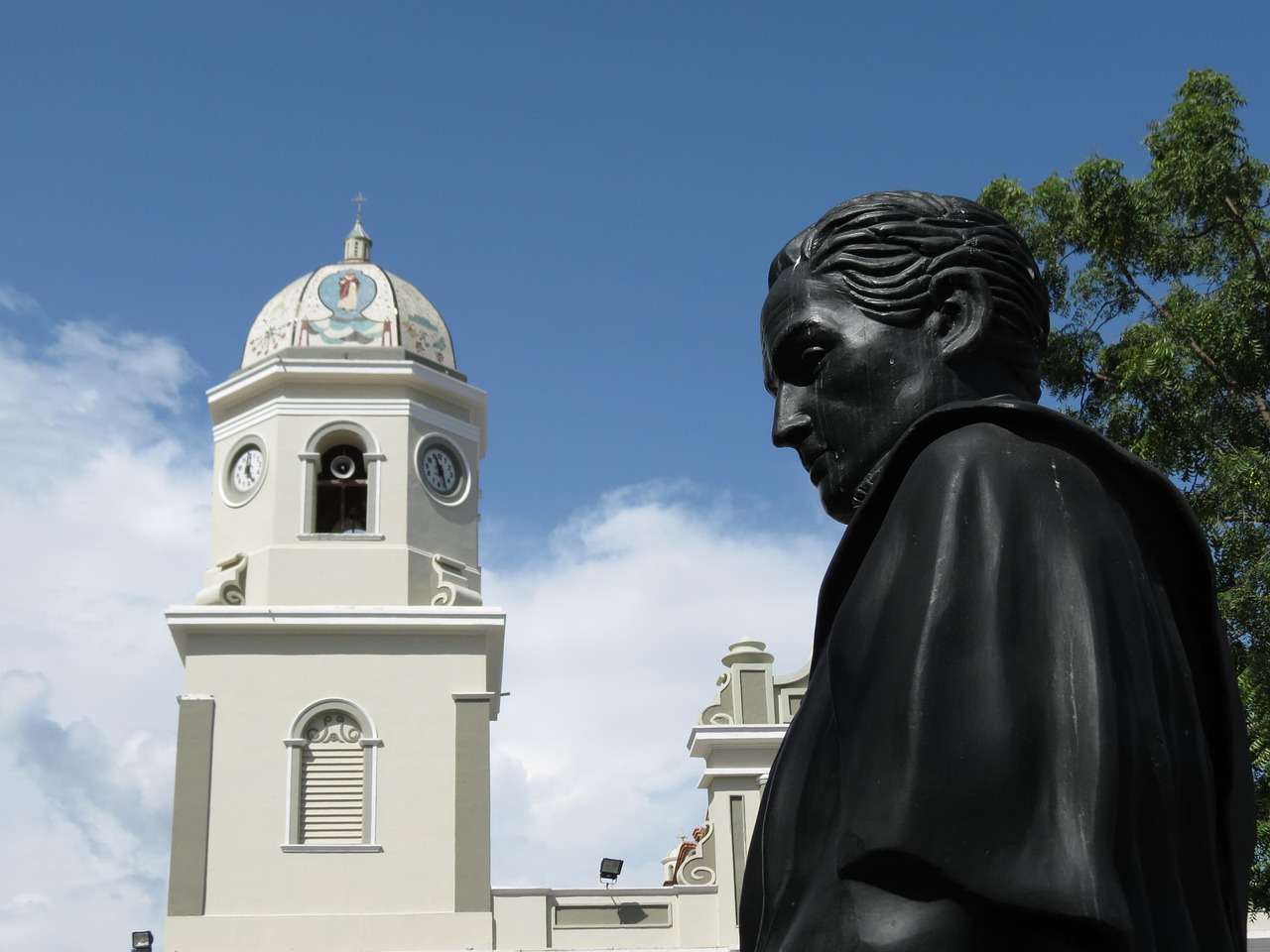
The relationship between the United States and Venezuela has long been marked by political tensions, economic sanctions, and shifting diplomatic strategies. The two countries have had a strained relationship for decades, particularly since the rise of former Venezuelan President Hugo Chávez in 1999. Under Chávez and later Maduro, Venezuela adopted an anti-U.S. stance, aligning itself with adversarial nations such as Russia, China, and Iran. In response, the United States imposed stringent economic sanctions, particularly targeting Venezuela’s lucrative oil industry, with the aim of weakening the Maduro regime and supporting democratic opposition figures such as Juan Guaidó. During the previous Trump administration, the United States adopted a particularly hardline stance, recognizing Guaidó as Venezuela’s legitimate leader and implementing severe sanctions. However, with the emergence of political changes in the U.S. and the shifting economic realities in Venezuela, recent efforts suggest a re-evaluation of this stance.
In recent months, there have been significant developments in this relationship, including efforts by Venezuelan President Nicolás Maduro to rekindle diplomatic dialogue with U.S. President Donald Trump, changing U.S. policy approaches, and new economic and political pressures on both nations. Reports suggest that Maduro has used intermediaries to explore the possibility of renewed diplomatic dialogue with Trump, aiming to ease U.S. sanctions and secure economic relief for Venezuela. While Trump previously adopted a firm stance against Maduro, there have been indications of a potential shift in his position. According to The Conversation, Trump’s approach to Venezuela was driven as much by domestic political considerations—especially in key electoral states such as Florida—as by ideological commitments. Recent reports also indicate that the U.S. government is exploring ways to encourage negotiations between Maduro and opposition leaders, with the objective of ensuring free and fair elections in the country. Some analysts suggest that the U.S. may be willing to soften its stance if Maduro agrees to electoral guarantees, though scepticism remains about whether the Venezuelan leader would genuinely follow through on such commitments.
Maduro’s renewed diplomatic efforts coincide with an increase in economic and political challenges for Venezuela. While the country has experienced a modest economic recovery following the devastating hyperinflation of previous years, the Venezuelan economy remains fragile, heavily reliant on oil exports, and still burdened by U.S. sanctions. Additionally, internal political divisions persist, with opposition groups continuing to challenge Maduro’s legitimacy. Although Guaidó’s political influence has waned in recent years, the broader Venezuelan opposition remains active, pushing for democratic reforms and international support. The Maduro administration is also facing mounting pressure from regional neighbours. Countries such as Brazil and Colombia, which had previously exhibited more sympathy towards Venezuela, are now demanding greater democratic accountability in the nation. This introduces an additional layer of complexity to Venezuela’s foreign policy strategy, potentially making engagement with the U.S. even more appealing.
Another significant factor in the U.S.-Venezuela relationship is the ongoing Venezuelan migration crisis. The crisis has caused over seven million Venezuelans to seek refuge in neighbouring countries, such as Colombia, Peru, and Brazil, and has also led to a significant increase in migrants arriving in the United States, often after perilous journeys through Central America and Mexico. In response to this crisis, the U.S. government has implemented measures, including the designation of Temporary Protected Status (TPS) for Venezuelans already residing in the country. However, the issue of Venezuelan migration has also become a contentious political topic within the U.S., with debates over border security and asylum policies influencing Washington’s broader approach to Venezuela.
Venezuela’s international alliances have been identified as a key factor in the country’s relationship with the United States. Over the past two decades, under the leadership of both Maduro and his predecessor Chávez, Venezuela has strengthened its ties with global adversaries of the United States, including China, Russia, and Iran. These countries have provided Venezuela with financial assistance, military cooperation, and diplomatic backing, contributing to the survival of Maduro’s government despite significant pressure from the United States. China has invested billions in Venezuela’s oil sector, though Beijing has become more cautious in recent years due to concerns about loan repayments and political instability. Similarly, Russia has provided military support and strategic alliances, while Iran has supplied Venezuela with fuel shipments to circumvent U.S. sanctions. Given these geopolitical dynamics, the U.S. faces a delicate balancing act—any engagement with Maduro must be weighed against the broader strategic competition with these rival powers.
The escalating tensions between the two nations are a primary concern, as the future of Venezuela’s relationship with the United States is closely tied to the actions of its current leader. If Maduro continues to strengthen ties with adversaries or intensifies repression against opposition forces, it is likely that the United States will intensify its pressure campaign, potentially leading to further diplomatic isolation for Venezuela. Conversely, now that Trump has won the 2024 presidential election, there is a possibility that U.S. policy toward Venezuela could undergo a significant shift, with a new approach based on transactional negotiations or an even tougher stance.
Recent developments in U.S.-Venezuela relations underscore the intricacy of this protracted geopolitical confrontation. While Maduro seeks to revive relations with Trump and explore potential diplomatic openings, scepticism persists on both sides. As Venezuela grapples with persistent economic and political challenges, and as the U.S. contemplates its strategic options, the future of this bilateral relationship is likely to be shaped by a confluence of pragmatic diplomacy, evolving political dynamics, and broader global trends. The outcome of this dynamic, whether it leads to renewed engagement or continued confrontation, remains uncertain. However, one thing is certain: the U.S.-Venezuela relationship will continue to be a pivotal factor in regional and global politics in the years ahead.
Image: Venezuela Statue, Pixabay, 2013//CC0



Average Rating